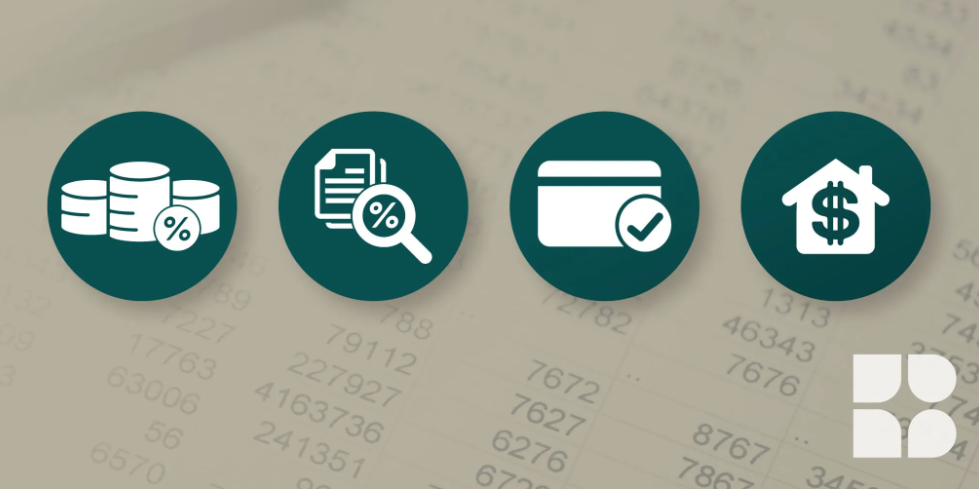WORRIED ABOUT BUSINESS TAXES? FORM A PLAN WITH THESE 4 ELEMENTS

“If you fail to plan, you plan to fail.” That’s arguably the most accurate business cliché in existence. It definitely applies to business tax planning.
One of the most important things any business can do, regardless of size, is to form a good tax strategy. By doing so, you ensure your business is avoiding lost opportunities to increase revenue. Equally important, a business tax plan ensures you remain compliant while avoiding big mistakes that can hurt your bottom line.
There’s a lot to think about when planning your business tax strategy, but today let’s look at a few essentials every business needs.
Tax Structure
How you set up your business as a legal entity will heavily impact how efficient it is or if it even survives.
So, getting the entity structure right is foundational. There’s a lot to consider, but the basic structures such as sole proprietorship, partnership, limited liability company (LLC), or corporation need to be reviewed. Each has tax advantages and disadvantages. Before deciding, you’ll want to consider things like liability protections, ease of administration, and tax treatment.
Tax obligations and compliance
Once you know the best legal structure for your business, it’s time to focus on compliance and obligations. These areas get tricky because the U.S. tax code changes faster than Louisiana weather. Can you keep up with them and do business taxes on your own? Maybe. It depends on the complexity of your situation. You must know the applicable tax laws, filing deadlines, and reporting requirements. This includes understanding the different types of taxes, such as income, sales, payroll, and property taxes, that may apply to your business.
Knowing the rules is one thing. You’ll need to follow them, too. You can do that by keeping financial records current and accurate, implementing sound accounting systems, and creating internal controls to track and report financial transactions.
If all this sounds like Mom telling you to clean up your room, consider the alternative. The price for noncompliance can be hefty to your bottom line and your business reputation.
Deduction and Credit Optimization
Here’s where your business can take advantage of tangible financial benefits. Knowing what business expenses can be deducted will really help your bottom line.
Tax credits can also help your business. Research, health, and energy efficiency credits can all help your business if it qualifies for them.
Both deductions and credits can get a little tricky, though. So, working with your CPA in this area is a wise move.
Capital asset planning
It’s no secret that how you handle acquiring, depreciating, and disposing of capital assets can have substantial tax implications.
Knowing about your options, such as like-kind exchanges, Section 179 deductions, and bonus depreciation, might take some time, but it is worth the research. Understanding them can definitely help your business tax strategy.
The Bottom Line
Tax planning never ends. Laws change, and individual circumstances do too. So, plan to review your tax strategy annually to determine if it is still effective. Then you can make the adjustments needed to ensure your tax strategy aligns with your business goals.
And as always, you don’t have to go it alone. Getting help from a CPA is always a smart move, saving you frustration and freeing you up to run your business instead of having it run you.